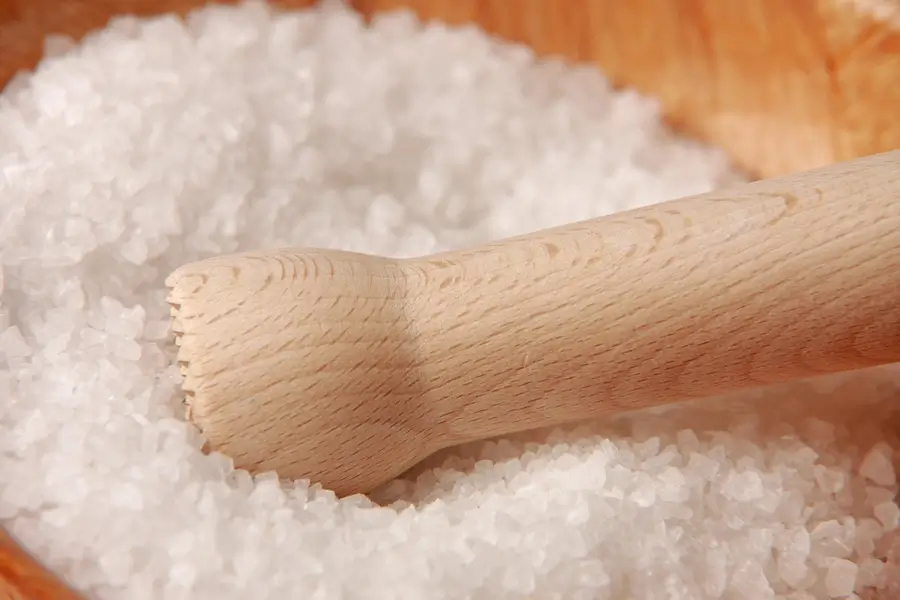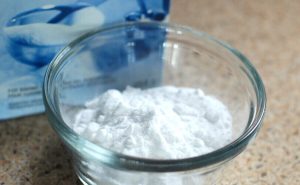Hypertension That is Sensitive to Salt
An increased sensitivity to salt is the root cause of salt-sensitive hypertension, which is sometimes referred to as salt-induced hypertension. This particular kind of hypertension is characterized by elevated blood pressure. Individuals who have hypertension that is sensitive to salt are more likely to have an increase in their blood pressure after consuming a meal that is high in salt than those who have hypertension that is resistant to salt.
What causes salt-sensitive hypertension is unknown; nevertheless, it is believed that it is connected to several factors, such as heredity, nutrition, and lifestyle choices.
Salt-sensitive hypertension is more prevalent in individuals who have a family history of high blood pressure, who are overweight or obese, and who consume a diet that is high in processed foods and sugary drinks. These factors all contribute to the development of hypertension.
Presence of this disorder can result in problems
Hypertension, which is sensitive to salt, is a dangerous disorder that can give rise to several consequences, including cardiovascular disease, stroke, and renal damage. On the other hand, it is a condition that can be managed via lifestyle changes and medication.
Salt-sensitive hypertension, which is also referred to as sodium-sensitive hypertension, is a medical ailment that poses a substantial challenge to a considerable number of individuals all over the world. Excessive salt consumption is the cause of this illness, characterized by high blood pressure.
The presence of this disorder can result in problems that are both significant and potentially fatal, such as cardiovascular disease, stroke, and kidney disease.
To perform its functions appropriately, the human body needs a specific quantity of sodium. On the other hand, consuming excessive sodium can cause the body to retain water, which might increase circulation pressure. Individuals who are sensitive to salt or those who consume a diet that is high in sodium are more susceptible to the effects of this effect.
Treat hypertension sensitive to salt
The good news is that hypertension, which is sensitive to salt, is a condition that can be managed. Adjusting one’s way of life will be one of the most effective approaches to treating this chronic ailment. The reduction of sodium consumption, the increase in physical activity, the maintenance of a healthy weight, and the cessation of smoking are all included in this.
Individuals can dramatically lower their chance of acquiring issues linked with salt-sensitive hypertension by making these modifications in their lifestyle.
Alterations to one’s way of life, in addition to the use of medicine, may be prescribed to treat hypertension sensitive to salt. Several different kinds of drugs, such as beta-blockers, diuretics, and ACE inhibitors, are currently available for use in the treatment of hypertension.
Calcium channel blockers and ACE inhibitors are two examples. These drugs are effective because they lower the quantity of sodium that is present in the body, relax the blood vessels, or slow down the rate at which the heart beats.
Intake of salt should be reduced
The conclusion is that salt-sensitive hypertension is a significant medical condition that can develop into potentially fatal complications. On the other hand, it is a condition that can be managed via lifestyle changes and medication.
People who have hypertension and are sensitive to salt can live a life that is both healthy and fulfilling if they make appropriate choices and collaborate closely with their healthcare practitioner.
For those who suffer from salt-sensitive hypertension, here are some helpful hints:
Intake of salt should be reduced. You should consume fewer processed foods, sugary drinks, and condiments to do this. Furthermore, it entails preparing a more significant number of meals at home to exercise control over the quantity of salt in your food.
Eat a nutritious diet.
drug can help lower your blood pressure
This entails consuming a substantial amount of fruits, vegetables, and grains that are whole. This also includes reducing your intake of harmful fats and saturated fats.
Keep your weight at a healthy level. Blood pressure can be lowered by losing weight, which can help.
Maintain a regular exercise routine. On most days of the week, you should exercise at least thirty minutes at a moderate level.
Control your tension. Because stress can cause an increase in blood pressure, it is essential to discover healthy strategies to handle stress, such as engaging in physical activity, practicing yoga, or meditating.
Your doctor may also prescribe medicine to assist in decreasing your blood pressure if you have salt-sensitive hypertension. This drug can help lower your blood pressure.
To effectively manage salt-sensitive hypertension, it is essential to collaborate with your physician. Changing your lifestyle and taking your medicine as directed can help you reduce the likelihood of experiencing issues at a later date.













